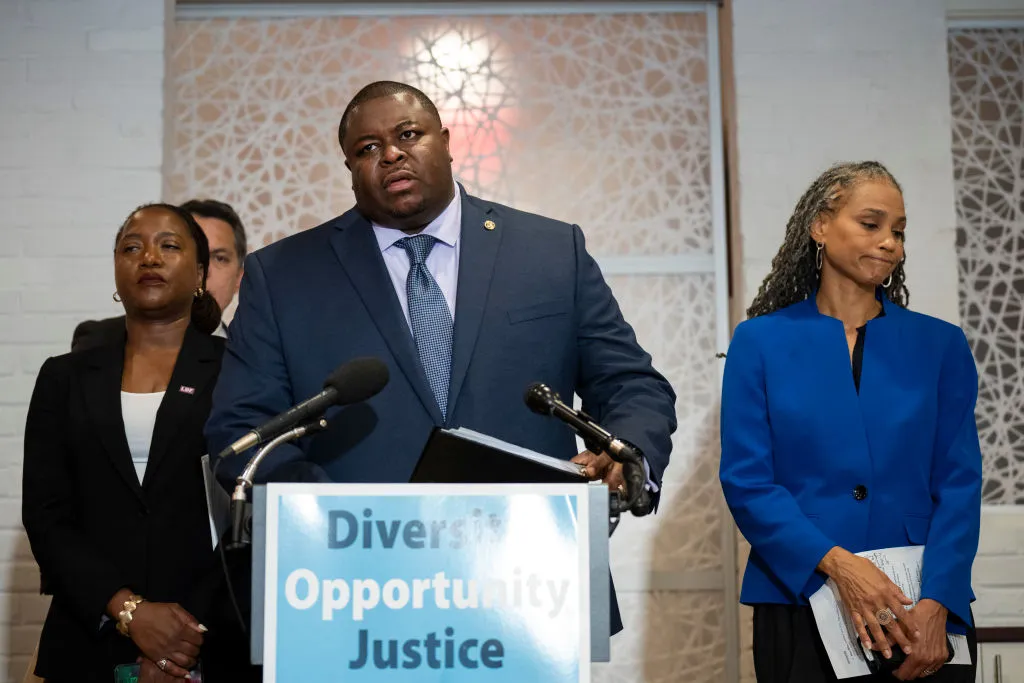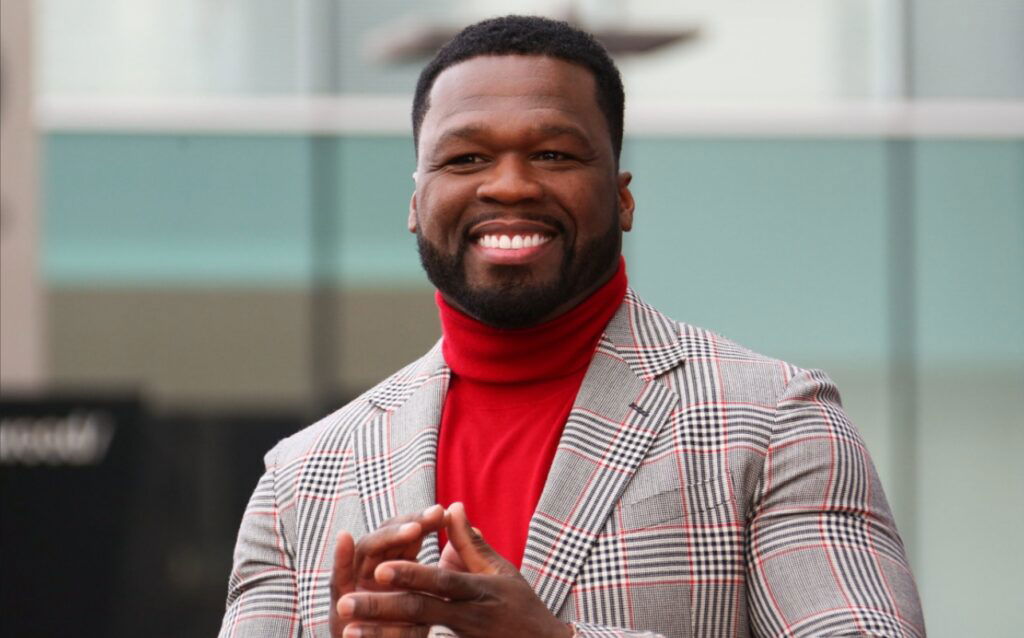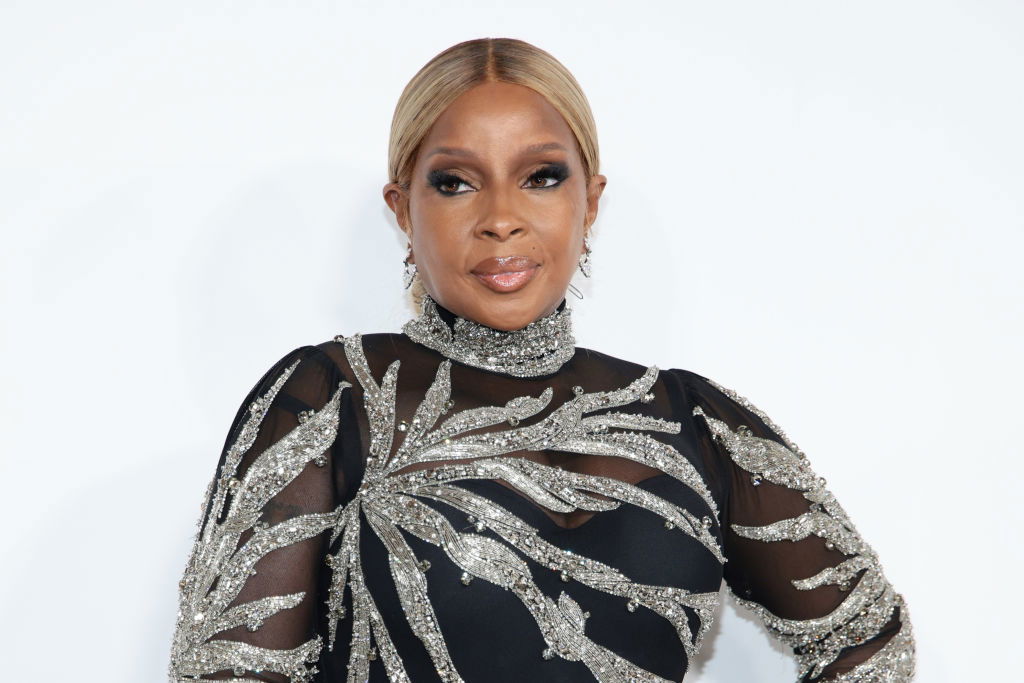On July 9, 1868, the 14th Amendment was ratified to the U.S. Constitution, granting U.S. citizenship to Black Americans after hundreds of years of enslavement. The crucial amendment would later serve as the legal framework for the Civil Rights Act of 1964, which outlawed racial discrimination at a time of systematic racial segregation and disenfranchisement.
“In some ways, the 14th Amendment is the original articulation that Black lives matter,” says Damon Hewitt, president and executive director of Lawyers’ Committee for Civil Rights Under the Law, referring to the amendment’s repeal of the Three-Fifths Compromise, which counted enslaved African Americans as three-fifths of a person. Hewitt told theGrio, “It is fundamental to this nation holding up to its stated ideals.”
Nearly 160 years later, advocates are fretting over how the 14th Amendment is being relitigated, literally and politically, and, as they argue, distorted.
In recent years, conservative litigants have used the 14th Amendment’s Equal Protection Clause to argue cases of so-called white discrimination, most notably the U.S. Supreme Court’s 2023 ruling that prohibits race-based affirmative action in college admissions. The Equal Protection Clause was also used to block former President Joe Biden’s debt relief program for Black farmers, filed by a conservative law firm founded by Trump’s deputy chief of staff, Stephen Miller, on behalf of white farmers.
President Trump and administration officials have repeatedly pointed to SCOTUS’ affirmative action ruling to suggest that diversity, equity, and inclusion programs are “illegal,” and as a basis for his executive order banning DEI across the entire federal government. But legal experts have repeatedly dismissed that argument, clarifying that the decision is limited to college admissions and not DEI writ large.
Hewitt, who said the affirmative action ruling was a “horrible decision,” explained to theGrio that the Equal Protection Clause during its conception was about prohibiting “racial classifications that exclude Black people.” The civil rights attorney said that while he thinks its “fair” to use the 14th Amendment clause to argue against such racial classifications that also exclude white people and other racial or ethnic groups, average DEI programs do not exclude anyone. “It’s about inclusion,” he asserted.
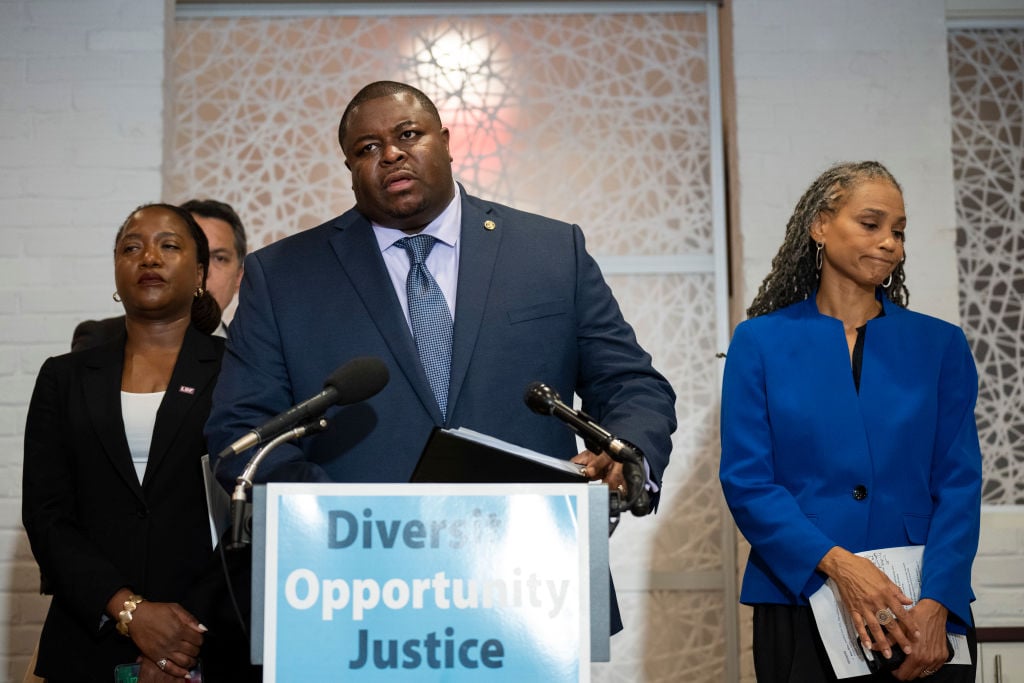
“What is being done with the Equal Protection Clause now is making equity the enemy of equality,” argued Meeta Anand, senior director of Census & Data Equity at The Leadership Conference on Civil and Human Rights. She explained, “What you’re seeing is claims that any efforts to provide a helping hand to those who have been persistently and historically disadvantaged and face systemic barriers to their own advancement, that any efforts to help them overcome these systemic barriers is viewed as suspect and in violation of equality.”
Anand told theGrio, “You need efforts that are grounded in equity in order to create a society where everyone thrives, because we recognize that these systemic barriers and decades and centuries of being disadvantaged cannot just be remedied by saying we are just going to treat everyone exactly the same.”
The 14th Amendment isn’t just being used to strip away programs intended to close gaps of racial disparites; it’s also being retooled to potentially strip away the citizenship of millions of Americans, with a particular targeting of Hispanics and Latinos.
Birthright citizenship, another major clause of the 14th Amendment guaranteeing citizenship for individuals born in the United States, is under new scrutiny after President Donald Trump signed an executive order calling for the end of the constitutional right for the children of immigrants.
“That was meant for the babies of slaves…It wasn’t meant to scam the system and come into the country on a vacation,” said Trump while defending his birthright citizenship order at the White House after the U.S. Supreme Court ruled in favor of his petition to curb nationwide injunctions in a case seeking to enjoin his executive action.
On Thursday, a federal judge blocked Trump’s birthright order nationwide, certifying a class action suit on behalf of children impacted by his executive order.
Rob Randhava, senior counsel at The Leadership Conference on Civil and Human Rights, said that birthright citizenship was primarily a “response to the issue of slavery and the issues that culminated in the Civil War”—that constitutional right to citizenship would later be affirmed in future Supreme Court cases involving immigrants and their children.
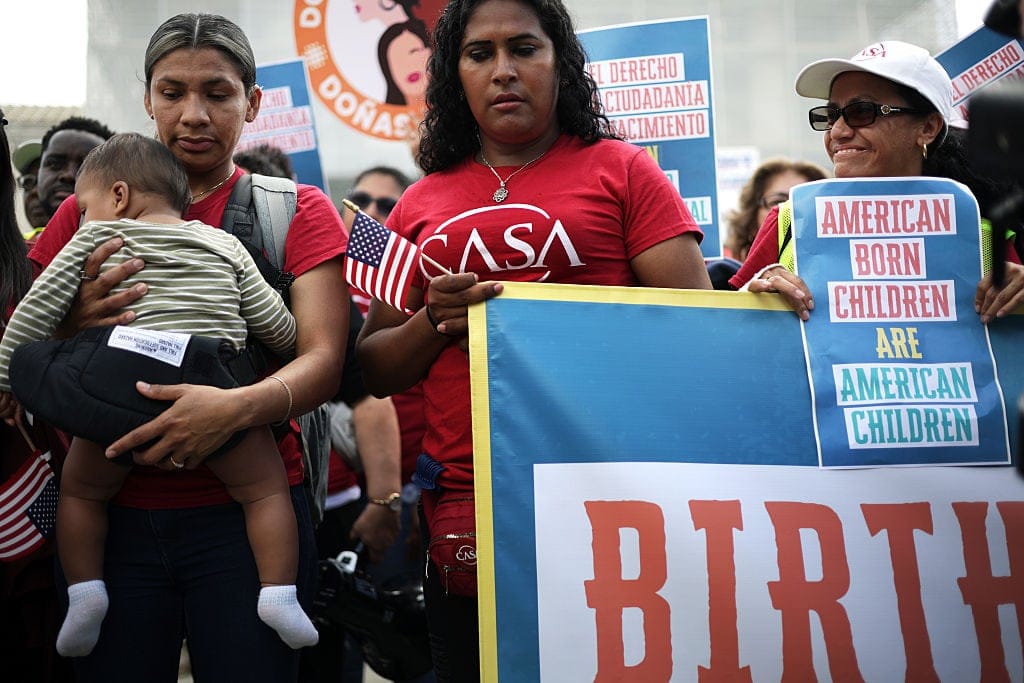
“It’s been pretty settled law in terms of who is entitled to citizenship under that clause for an extremely long time,” Randhava told theGrio. He explained, “When somebody wants to try to start chipping away at it, then it really puts the entire structure of the 14th Amendment more broadly at risk and really a lot of uncertainty around for the possibility of first-class and second-class citizenship here in the United States.”
Contemplating a more chilling outcome should the courts ultimately rule in Trump’s favor to end birthright citizenship, Randhava said, “It creates stateless people and basically a legal caste system in society that I think sets an extremely dangerous precedent.” He added, “What does that say about their ability to amend other parts of the Constitution?”
Trump seeking to amend the Constitution through executive action is unprecedented. By law, it can only be amended through a two-thirds vote in Congress or a national convention called by Congress at the request of two-thirds of the state legislatures. Ratification requires approval by three-fourths of the 50 U.S. states, either through their legislatures or special state conventions.
Hewitt senses a more sinister plan by Trump and his MAGA allies.
“He’s trying to chip away at the margins…If you look at the electoral map of how many states Trump won in the 2024 election [and] you have control in those states, that’s enough states to call a constitutional convention and actually amend the Constitution and to bend it to his will,” he told theGrio. “All the civil rights statutes that exist in the United States exist because they tie it back to the Reconstruction Amendments–the 13th, 14th, 15th Amendments. If those get altered or aggregated, then what do we have? Everything falls apart.”
Hewitt clarified, “They don’t have that ability now,” but added, “I think there are people watching that electoral map, knowing that if they can just get enough states to ratify regressive amendments, they can try to hold on to white power for even longer.”
Anand told theGrio that while the 14th Amendment represented “the beginnings of the birth of a multiracial democracy” in the U.S., “What we are seeing now is an attempt to redefine at every level, what it means to be American.”
She explained, “This is an attempt to erase all the steps we have taken as a society since the 14th Amendment and the other civil rights amendments to have that greater understanding of what [that] means.”
Anand said that while the Trump administration is aiming to dismantle birthright citizenship, Republicans are also attempting to “limit [census] apportionment to citizens only”—as opposed to all residents in a state—which would reshape representation in U.S. Congress. She tells theGrio that it is “contrary to the 14th Amendment and cannot be done through mere legislation.”
As far as birthright citizenship and Trump’s repeatedly saying the clause was intended only for the children of the enslaved, Hewitt said Trump is “not an originalist or a textualist in terms of his reading.”
“Trump was given that line by someone else,” he told theGrio. “They don’t really care about original intent. So I don’t think that there’s any intellectual honesty coming from Trump.”
Hewitt asserted, “He’s basically saying don’t look at the words, look at the context. But that’s exactly what the conservative jurists and scholars of public law say you shouldn’t do.”
He added, “It really puts the lie to their notions of originalism and textualism–and it is quite selective.”


